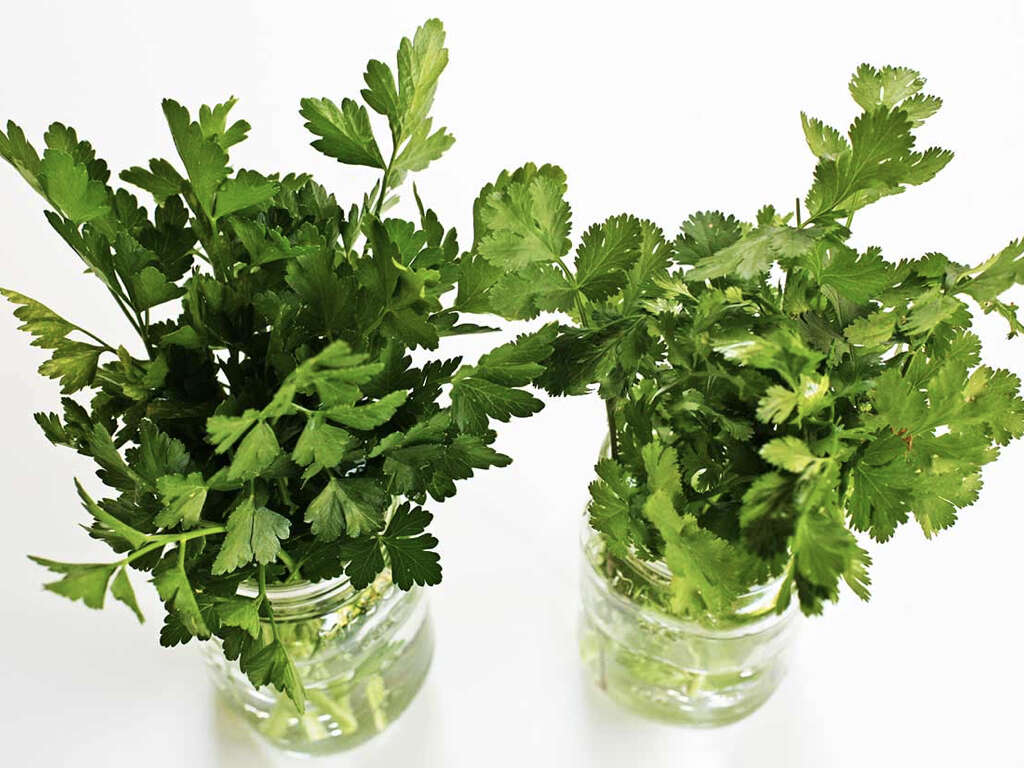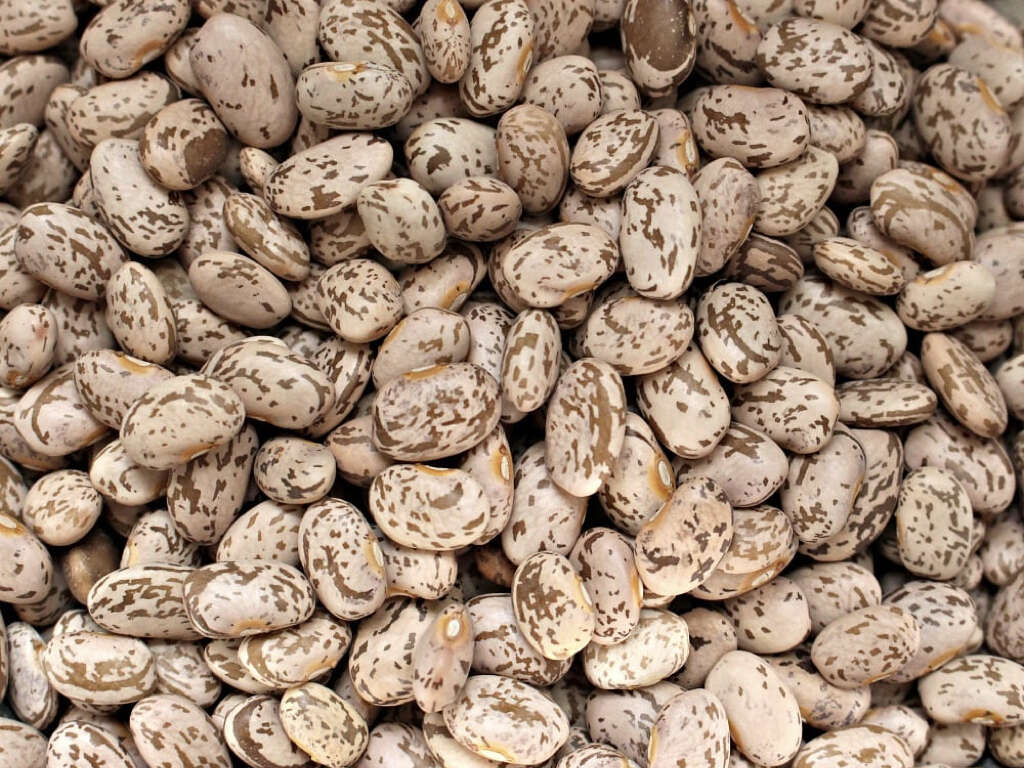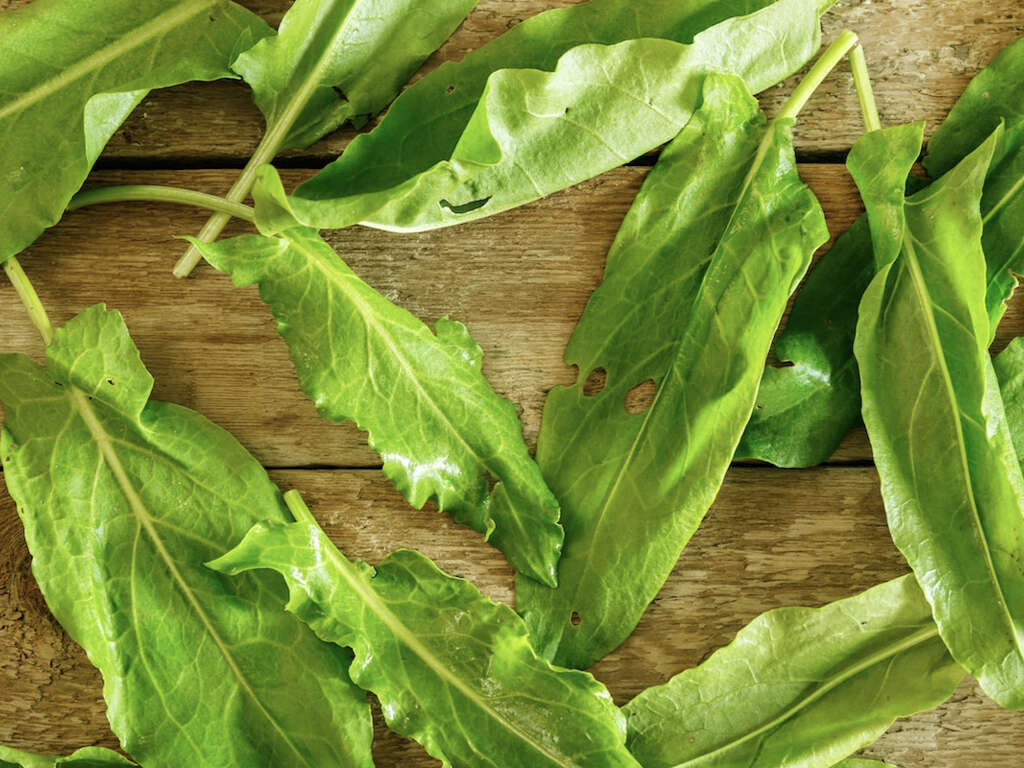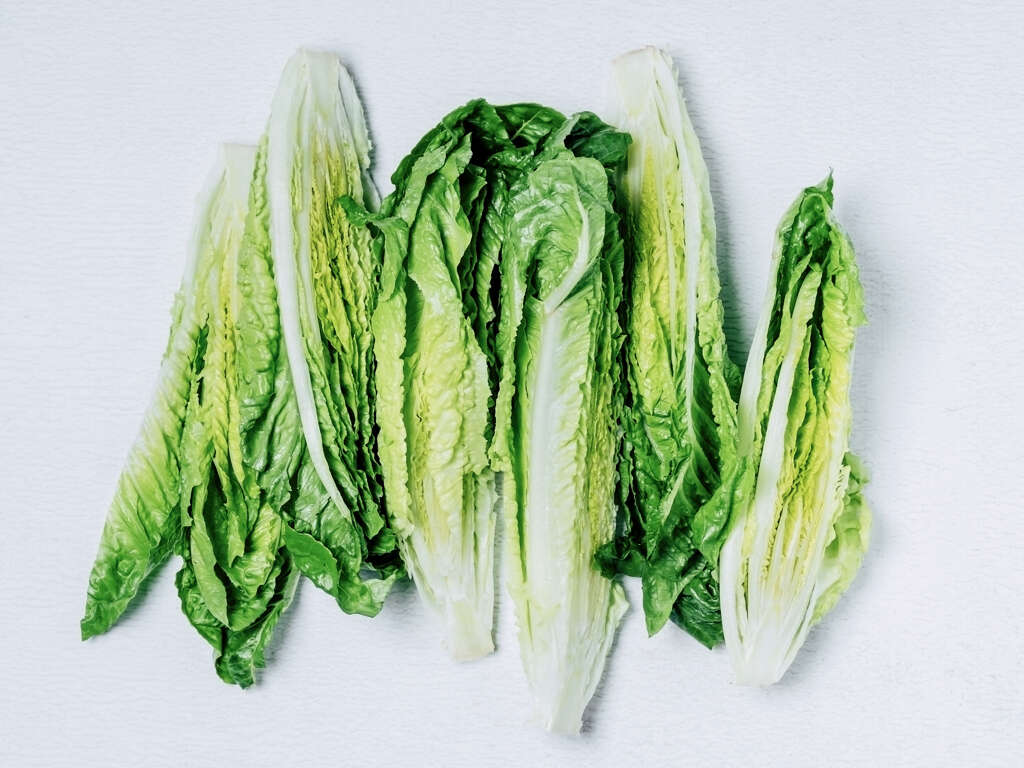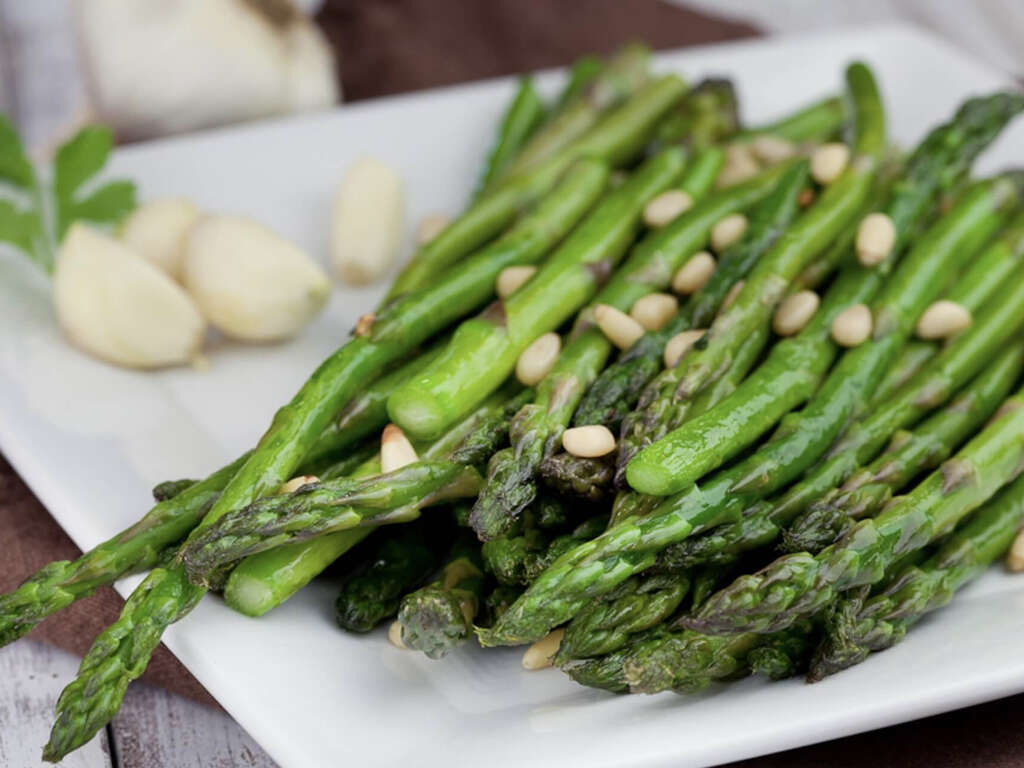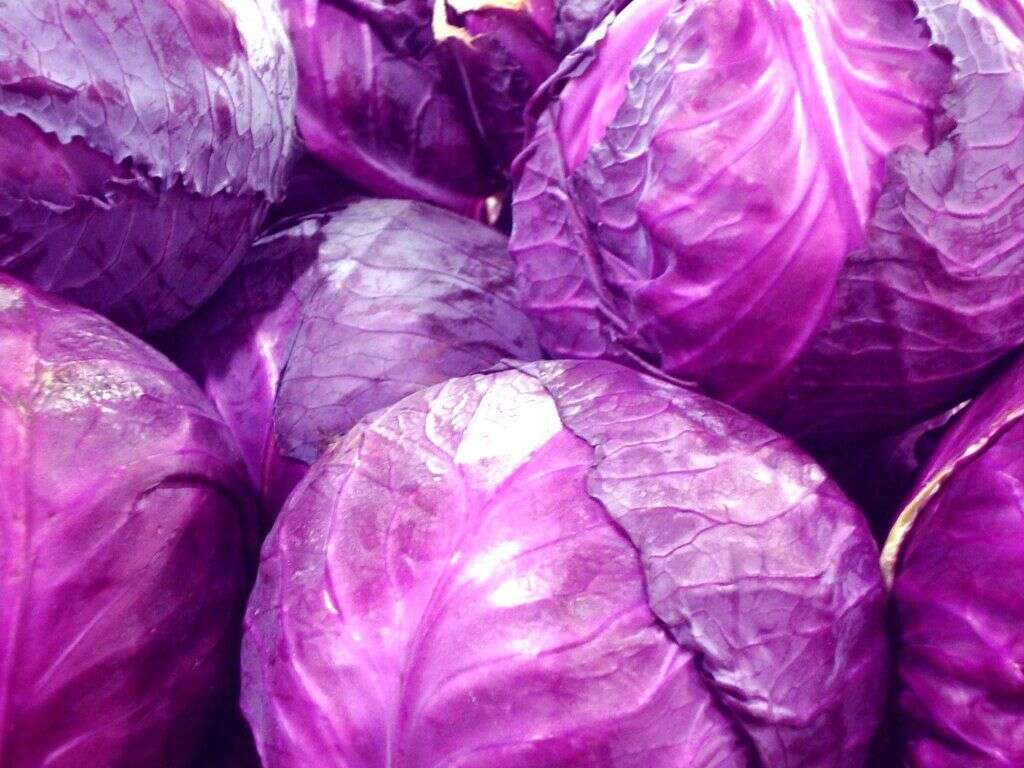10 Health Benefits of Beetroot
Beetroot, also known as beets, is a well-known vegetable that belongs in the same family as spinach, Swiss chard, and quinoa. Beetroot features in many cuisines globally and is prepared in a variety of ways.
Beetroot is a rich source of essential minerals and vitamins and is, therefore, a beneficial addition to your diet. It is also quite delicious, which makes it easy to eat. Beetroots are high in fiber, essential micronutrients like vitamins C and B9, and minerals like potassium, iron, and manganese, among others.
Beetroot also contains nitrates, which are converted to circulation-improving nitric oxide in the body. Additionally, beetroots contain antioxidant compounds such as betanin, among others, which provide a number of health benefits. Below are 10 health benefits of beetroot.
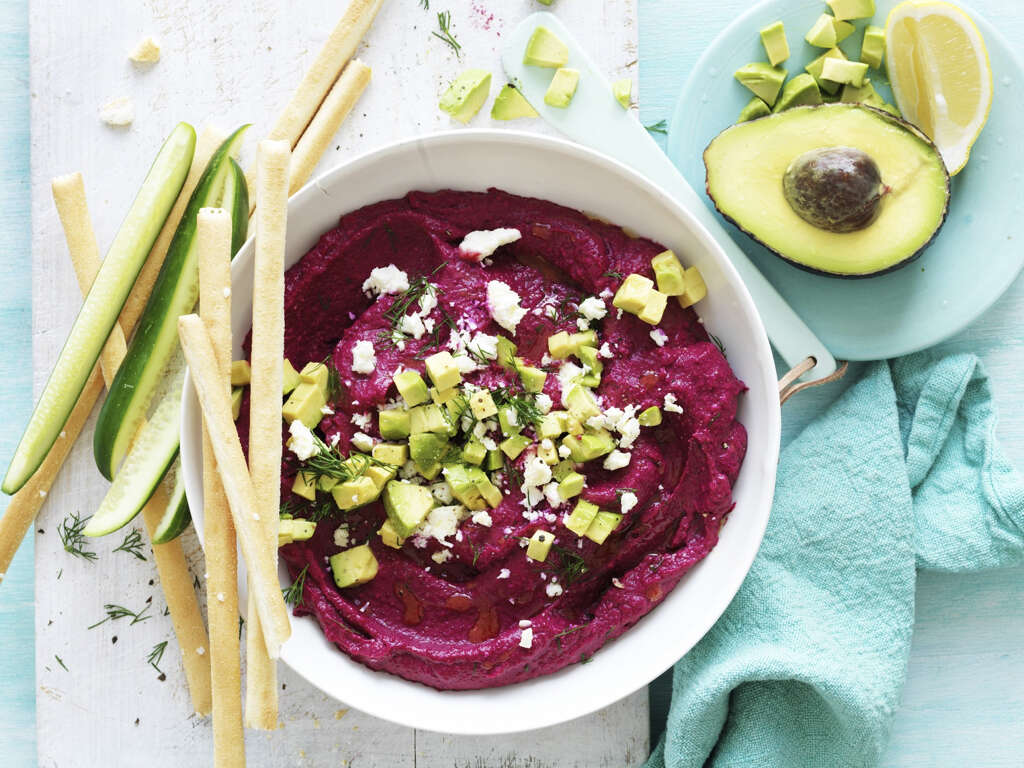
Health Benefit #1: Helps Maintain Healthy Blood Pressure
Heart attacks and other heart diseases are among the main causes of death in the United States and other parts of the world. These diseases usually occur as a result of high blood pressure. It is, therefore, important to maintain healthy blood pressure. Regular consumption of beetroot can help to lower blood pressure and keep it down.
According to research studies, taking as little as 100 g of beetroot reduces blood pressure within a few hours. This effect is attributed to the high concentration of nitrates in beets. When dietary nitrates enter your body, they are converted to nitric oxide. Nitric oxide molecules help to dilate blood vessels so that blood flows more easily. This leads to a drop in otherwise elevated blood pressure.

Health Benefit #2: Improves Digestive Health
Dietary fiber is essential for good digestion, including elimination of waste. Beets are a great addition to your diet because they are rich in fiber in addition to other nutrients and beneficial compounds. Studies show that a cup of beetroot contains 3.4 grams of fiber. This is a significant amount, accounting for more than 10 percent of the recommended daily allowance for an adult.
Fiber promotes good digestion because the human digestive system cannot digest it. This means that fiber moves through the gut right through to the colon and out through the anus. As it travels, it adds bulk to stool and feeds the beneficial gut bacteria. This way, fiber prevents constipation, diverticulitis, and even inflammatory bowel disease. Studies have also shown that fiber reduces the risks associated with chronic diseases like type 2 diabetes, colon cancer, and heart disease.
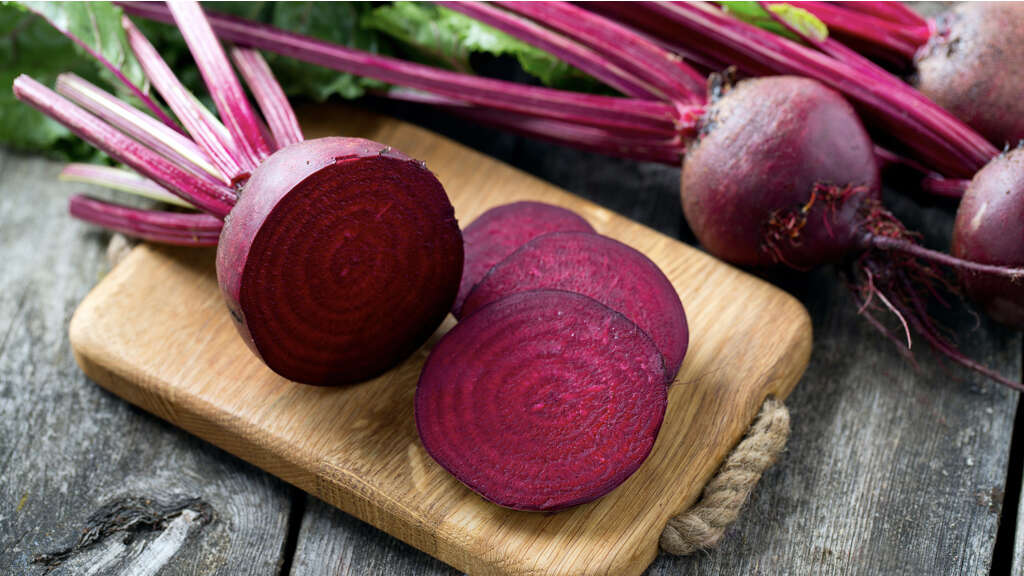
Health Benefit #3: Promotes Bone Health
Bone health is critical for a healthy body, after all, your body relies on the bony framework to hold it together so that you can stand, sit, and walk. In order for your bones to remain strong, you need a continuous supply of minerals like calcium, magnesium, boron, and copper, besides vitamins and other nutrients.
Beets contain significant amounts of magnesium, boron, and copper. These minerals help to boost bone metabolism. Beetroots also contain potassium, a mineral that helps to conserve calcium within the body. This reduces loss of calcium, which normally happens through urine. It is worth noting that bones are mainly composed of calcium. Calcium is also essential for other functions in the body.

Health Benefit #4: Supports Brain Health
Cognitive and mental function decline with age; and for some people, the decline may lead to degenerative conditions like dementia and Alzheimer’s disease. The decline is usually a result of reduction in oxygen supply due to reduced blood flow to the brain.
Beetroot contains nitrates that are beneficial to the cognitive and memory functions. Once consumed, dietary nitrates are converted to nitric oxide, a compound that increases flexibility of blood vessels. This causes dilation of the blood vessels such that blood can flow easily throughout the body, including to the brain. Beetroot has also been shown to help improve blood flow to the brain’s frontal lobe, an area of the brain that is linked to thinking, working memory, and decision-making.
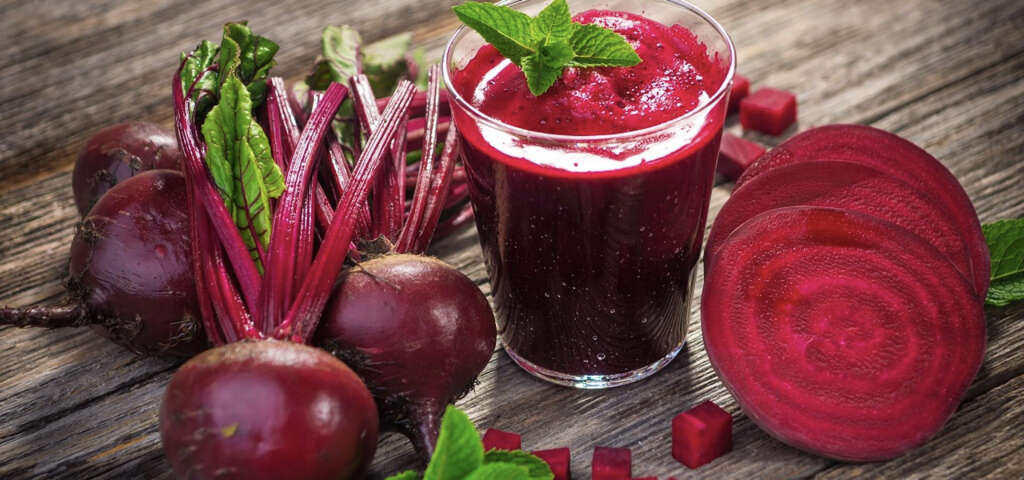
Health Benefit #5: Helps Fight Inflammation
Chronic diseases such as heart disease, obesity, type 2 diabetes, and cancer are linked to chronic inflammation. Reducing inflammation in your body can help reduce the risk of developing these diseases. Beets contain betalains, red compounds that give beetroot its deep red color. While most of the published research has been conducted on rats, betalains have been found to have powerful anti-inflammatory properties.
It has been found that beetroot extract and beetroot juice help reduce inflammation of the kidneys in rats that have been injected with toxic chemicals known to inflict severe injury. A study conducted on humans who had osteoarthritis showed that betalain capsules made with beetroot extract helped to reduce discomfort and pain resulting from arthritis.

Health Benefit #6: Loss of Weight
Beetroots contain a variety of nutritional properties that make them a great addition to your weight loss diet. Beetroots contain a high amount of water but are low in calories. Taking foods low in calories such as vegetables and fruits can help you to lose weight or maintain a healthy weight.
Apart from being low in calories, beetroots also have some protein and fiber. The two nutrients can aid in the maintenance of a healthy weight. Dietary fiber helps to reduce your appetite and promote weight loss because it gives a feeling of fullness even when you haven’t eaten much food. When this happens regularly, it can help to reduce your calorie intake, which leads to loss of weight.
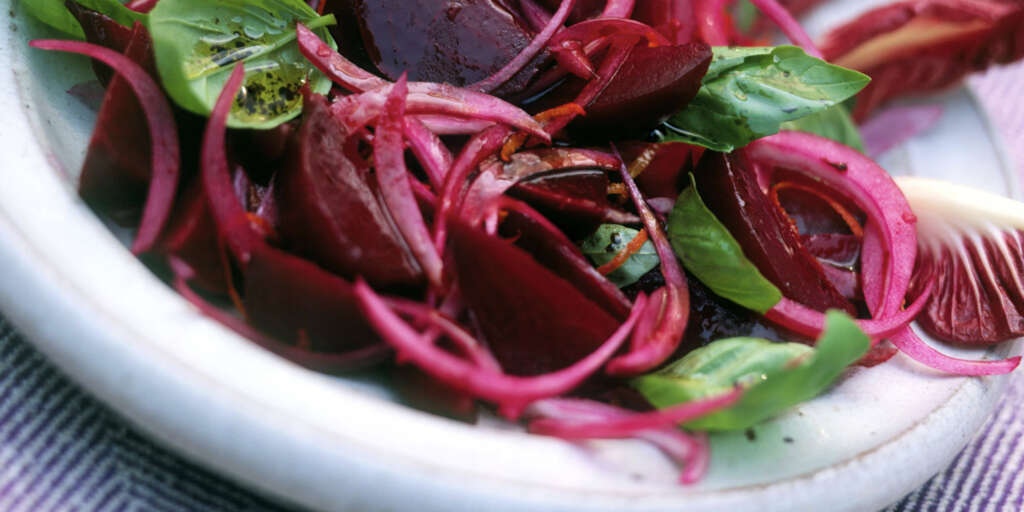
Health Benefit #7: Prevents Anemia
Including beets in your food can help you treat or prevent anemia. Your body requires iron to produce hemoglobin, which your body uses in the transportation of oxygen. Hemoglobin gives blood its red color. Iron deficiency leads to anemia whose symptoms include shortness of breath, dizziness, and a rapid heartbeat.
Beetroot is high in iron, which is required for the production of red blood cells. This can help a lot of people who have iron deficiency anemia without risky side effects. Adding beetroot to your diet may also help to prevent other health problems. You can consume beetroot in a variety of ways including adding to salads and smoothies.
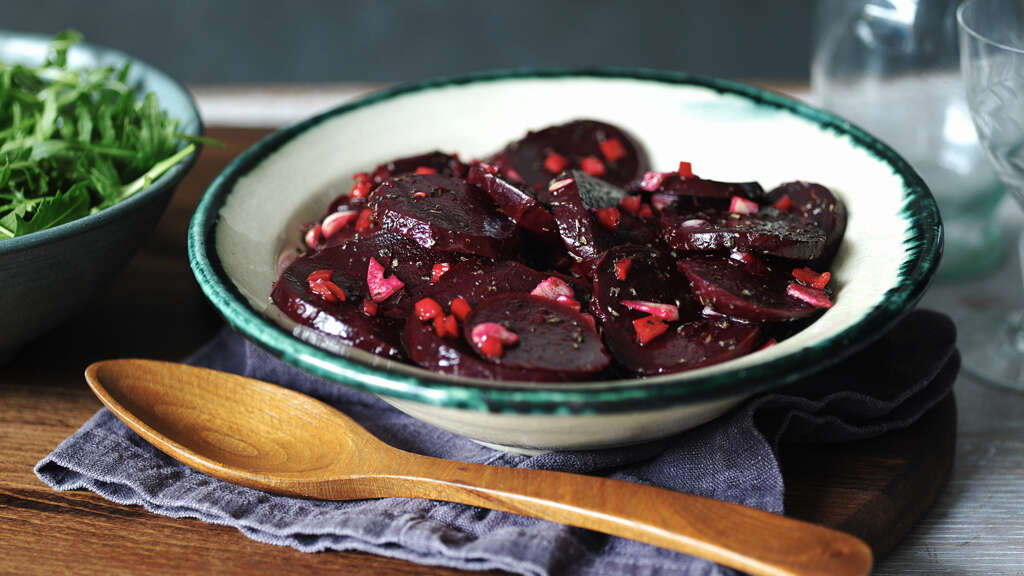
Health Benefit #8: Boosts Eye Health
Another health benefit of beetroot is that it can boost your visual health and protect against macular degeneration. Beetroots contain beta-carotene, which is a form of vitamin A. Vitamin A helps to prevent cataracts, a condition in which the lens of the eye becomes cloudy. Cataracts can lead to blindness in the affected eye.
The beta-carotene contained in beetroot also helps to prevent or slow down macular degeneration. Macular degeneration is a condition in which the part of the retina called macular, responsible for central vision, is damaged. This usually results from free radicals. Because beta-carotene has antioxidant properties, it can help neutralize free radicals and thereby reduce the risk of macular degeneration.

Health Benefit #9: Reduces Birth Defects
Folate is an essential micronutrient, especially for pregnant women who need adequate amounts for themselves and their unborn baby. Folate helps in the growth of the unborn baby, especially in the formation of the neural tube that houses the brain and the spinal cord. This way, folate helps prevent birth defects such as neural tube defects, spinal bifida and stillbirth.
Folate is also essential to for the good health of the expectant mother. This is important because a weak or unhealthy pregnant woman is likely to suffer a miscarriage or stillbirth. Beetroots contain many nutrients, including folate. It is, therefore, a good idea for pregnant women to include beets in their diet.
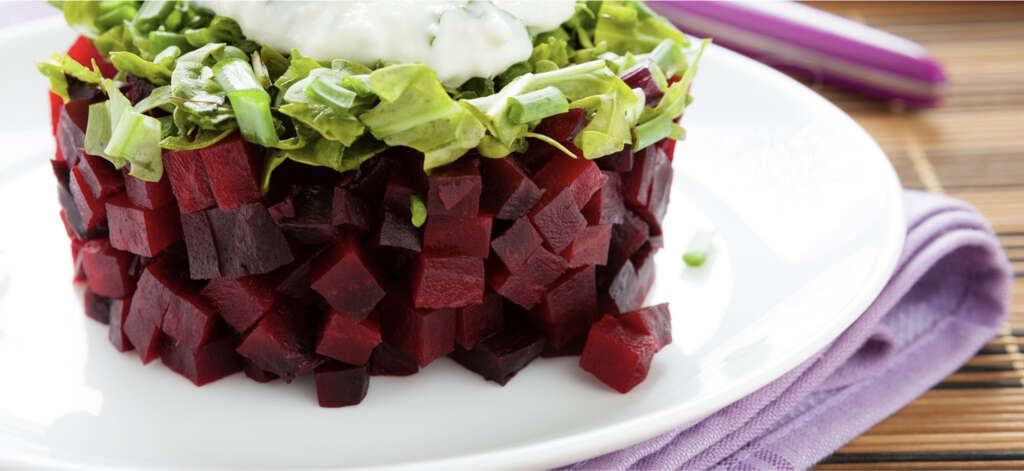
Health Benefit #10: Provides Some Protection against Cancer
Cancer is characterized by uncontrolled growth of cells to form tumors. This rogue cell behavior is associated with free radicals and chronic inflammation. It follows that, by neutralizing free radicals and reducing inflammation, it is possible to provide some protection against the development of cancer.
Beetroots contain powerful anti-inflammatory and antioxidant compounds. This suggests that including the red tuber vegetable in your diet can reduce your risk of getting cancer.
And while more research is required, studies conducted on animals have showed that beetroot helps to reduce the growth and division of tumor cells. In fact, one study on human cells showed that the high concentration of betalain pigments in beets helps to reduce prostate gland enlargement and breast cancer cells.




